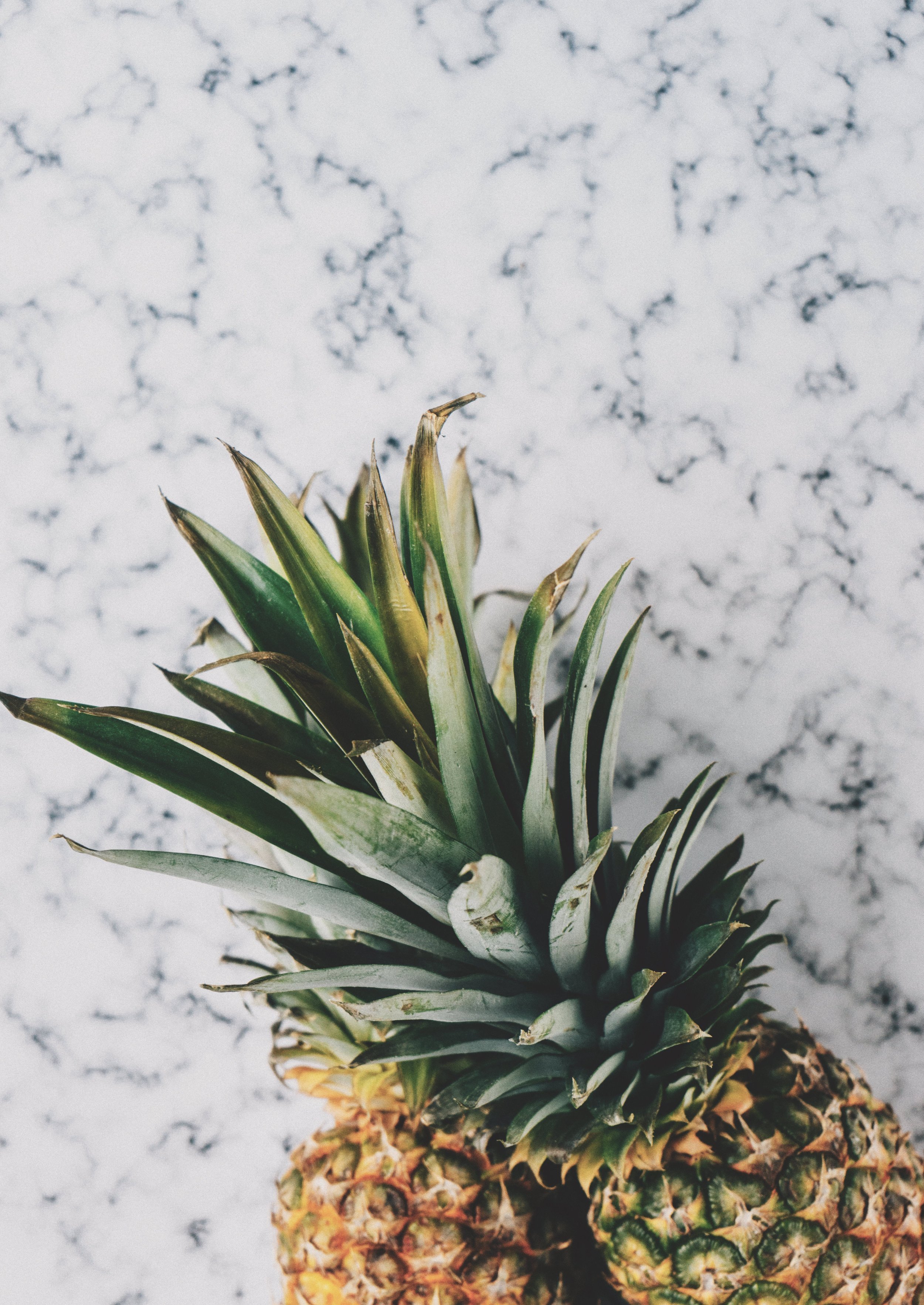Pineapple is Your Fertility Friend: How This Tropical Fruit Can Support Reproductive Health
The Benefits of Pineapple for Fertility: A Natural Aid to Support Reproductive Health
Pineapple isn’t just a tropical, refreshing fruit that brightens up any meal; it also boasts numerous health benefits, including supporting fertility. The fruit’s rich nutrient profile and unique enzymes make it a potential ally in your fertility journey, whether you’re preparing for conception naturally or undergoing treatments like IUI or IVF. Let's dive into the benefits of pineapple and how it may help boost your fertility.
Bromelain: The Secret Fertility Booster
The primary fertility benefit of pineapple comes from bromelain, a naturally occurring enzyme found in the fruit, particularly in the core. Bromelain has anti-inflammatory properties that can improve blood flow to the reproductive organs, which in turn may help with implantation. Good circulation ensures that the uterus receives oxygenated, nutrient-rich blood, supporting a healthy environment for embryo implantation and growth.
Bromelain also plays a role in reducing inflammation in the body, which can be beneficial for both women and men facing fertility challenges. Inflammation can hinder conception, so the anti-inflammatory effects of bromelain help create a more favorable environment for conception.
Timing is Everything
For those undergoing assisted reproductive treatments like IVF or IUI, timing the consumption of pineapple can be key. If you're looking to support implantation, it's essential to consume pineapple at the right time during your cycle.
For IVF: It’s recommended that you consume pineapple for 5 days beginning on the day of your embryo transfer. The core is where bromelain is most concentrated, so it's important to eat a slice of pineapple with the core each day. Once you’ve confirmed a positive pregnancy test, you should stop eating pineapple to avoid unnecessary acidity.
For IUI: Similar to IVF, you should start eating pineapple the day after your IUI procedure, again including the core. Consume one slice per day for the next five days, and stop once pregnancy is confirmed.
Supporting Digestive Health and Hormone Balance
Pineapple’s bromelain content does more than help with implantation; it also supports digestion by breaking down proteins. A healthy digestive system is essential for maintaining optimal hormone levels, which are key to fertility. Hormonal imbalances can disrupt ovulation and fertility cycles, so anything that supports better digestion may improve overall reproductive health.
Additionally, pineapple contains essential vitamins and minerals like Vitamin C, manganese, and folate. Vitamin C is a powerful antioxidant that supports immune function, and manganese plays a role in bone health and the metabolism of fatty acids. Folate, a vital B vitamin, is especially important for women trying to conceive as it supports healthy fetal development and reduces the risk of birth defects.
Beyond the Fruit: Adding Pineapple to Your Fertility Routine
While there’s still more research to be done on the effects of pineapple and fertility, many individuals find it a helpful addition to their diet during the fertility window. If you choose to incorporate pineapple into your routine, remember that it’s best to do so in moderation. A few slices each day is plenty—anything beyond that may create too much acidity, which could potentially work against your fertility.
Additionally, the nutrients in pineapple work synergistically with other fertility-supporting foods, such as leafy greens, whole grains, and healthy fats. Incorporating a variety of nutrient-rich foods into your diet will give your body the best chance at supporting a healthy pregnancy.
Pineapple as Part of Your Fertility Journey
Pineapple is more than just a delicious snack; its nutrient-packed profile and anti-inflammatory properties make it a potentially valuable food to incorporate into your fertility regimen. What many don’t realize is that the core of the pineapple, where bromelain is most concentrated, may play a particularly important role in supporting reproductive health. Bromelain is a natural enzyme that is believed to help reduce inflammation and improve circulation, both of which are beneficial for the body’s ability to support implantation.
While it’s not a cure-all, using pineapple — and specifically consuming the core — strategically, particularly in the days surrounding ovulation, IUI, or IVF, may provide extra support for fertility. Eating the core, which is tough to chew, can be cut into manageable slices and incorporated into your daily diet during key phases of your fertility journey.
As always, be sure to talk to your healthcare provider or fertility specialist before making any significant changes to your diet, especially if you're undergoing fertility treatments. Pineapple, and especially its core, can be a supportive and natural addition to your fertility journey, helping to nourish your body and prepare it for pregnancy.
At The Violette House, we offer personalized fertility support tailored to your unique needs, combining holistic practices and modern techniques to optimize your fertility. If you’re in the Groton, MA area and want to learn more about how diet and lifestyle can support your fertility, we’re here to help guide you every step of the way.

